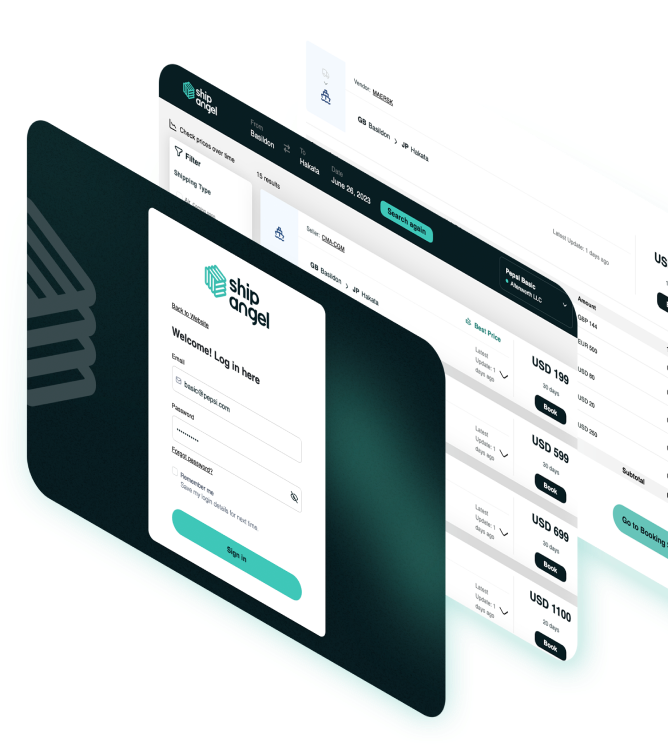-2.png)
The shipping industry has always lagged behind in connectivity. While the rest of the software world moved on to APIs, much of logistics still runs on EDI, a decades-old standard that’s slow, rigid, and hard to extend.
At the same time, modern AI assistants and agentic systems demand real-time access to data sources: rates, bookings, invoices, and visibility feeds. Without a secure way to connect AI to these live systems, models remain siloed and underpowered.
Enter the Model Context Protocol (MCP).
What is MCP?
A Model Context Protocol server acts as a bridge between AI assistants and the systems they need to interact with.
Think of it as a translator:
- On one side, you have models like ChatGPT, Claude, Gemini, and Ship Angel’s own AI layers.
- On the other side, you have databases, APIs, file systems, and shipping applications.
Normally, these two worlds don’t connect safely. The MCP server makes it possible, providing a standardized, secure channel that allows models to look up data, fetch live information, and take actions in external systems.
In practice, that means when an AI assistant needs to pull a contract rate, compare it against a booking, or surface a discrepancy in an invoice, the MCP server handles the communication in the background.
Why We Built Our Own
The MCP standard is evolving quickly. Off-the-shelf servers exist, but we decided to build our own for three key reasons:
- Stay Ahead of a Moving Standard
MCP is improving at an incredible pace. By owning our own server, we can adopt new improvements rapidly instead of waiting for external releases. - Layer in Security and User Controls
Shipping data is sensitive, contracts, invoices, compliance documentation. By controlling the MCP implementation, we can embed additional security layers and fine-tune user permissions.
Extend with Domain-Specific Functionality
A generic MCP server can translate requests. Ours can do more: normalize shipping-specific data formats, resolve incomplete criteria in rate lookups, and optimize how logistics data flows between AI and human users.
What Our MCP Enables in Ship Angel
By deploying our own MCP, we’ve unlocked a new level of AI-native functionality inside the Ship Angel Operating System:
- Up-to-date rate intelligence: AI agents can query the latest structured rate data, ensuring every recommendation is accurate and current.
- Fuzzy matching and dynamic guidance: When a user provides incomplete criteria (“Shanghai to LA, 40ft, end of October”), the MCP helps models resolve ambiguities and surface relevant rates.
Real-time decisioning: Instead of waiting for manual exports, AI assistants have live access to operational data to guide bookings, audit invoices, or flag risks instantly.
The Bigger Picture
MCP is quickly becoming the backbone of modern AI connectivity. For logistics, an industry still weighed down by EDI and legacy integrations, it represents a leap forward: a way to connect low-level data systems with cutting-edge AI in a secure, standardized way.
By building our own MCP server, we’ve future-proofed Ship Angel’s architecture, ensuring our AI-native operating system isn’t just compatible with today’s models, but ready for tomorrow’s.
This is how we’re making sure our AI doesn’t just describe the supply chain, it interacts with it.
Join the movement: Speak with an expert
 Graham Parker
Graham Parker
 September 25, 2025
September 25, 2025
